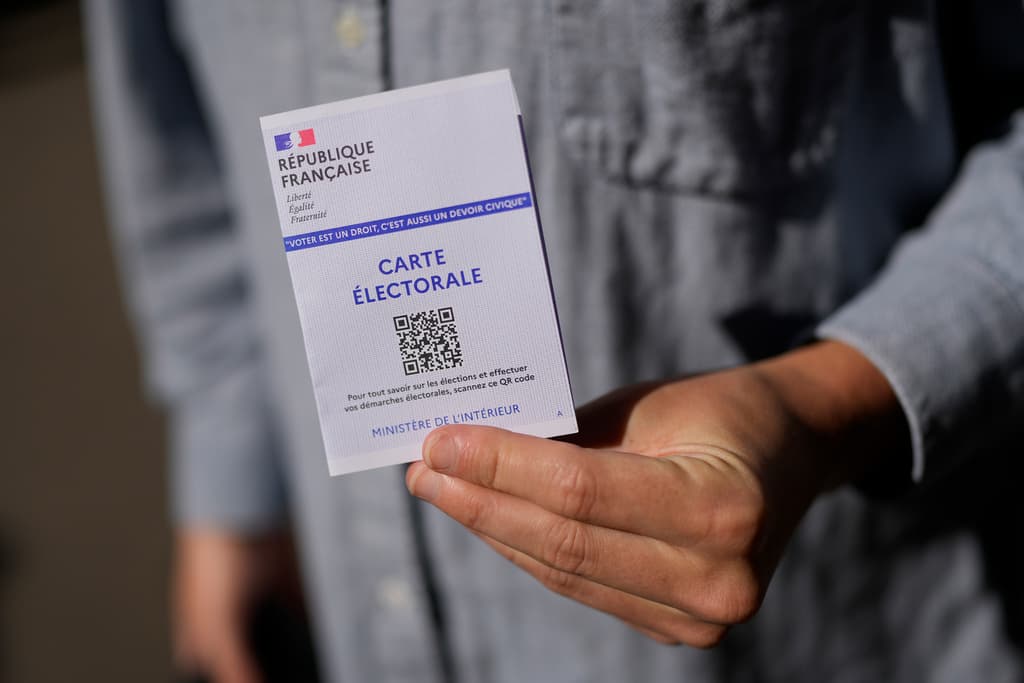With two strong blocks with monumentally different ideas, the French election appears to be a nail-biter. And forces from all directions are trying to mobilize a group that to a high degree abstains from voting: the young.
I want to turn to the entire population, and above all to the young. Extremism is knocking on the door, said France's football captain, Kylian Mbappé, at a press conference before the country's first European Championship match.
Every vote counts, and I hope we make the right choice and that we will continue to be proud to wear the jersey on July 7, he continued.
That Mbappé and several others are targeting the young can be understood from their reluctance to go and vote. Every other French person under 35 chose not to vote in the EU election, and the group is therefore being courted from both right and left in the hunt for a majority in the French parliamentary election, reports France 24. Many young people have the attitude that their vote will not make a difference or that they have poor knowledge of politics.
Trend Break?
But there are signs that this trend is being broken in the parliamentary election. The newspaper Le Parisien has spoken to Thomas, 26, who says he made the "mistake" of not going to vote.
When I talk to my friends, I'm ashamed to say that I didn't go, he says.
The result is the exact opposite of my ideas, he continues.
He is one of those who are not satisfied with the result, and the EU election evening became a wake-up call. And it is primarily on the left wing that the wake-up call has rung – to vote against the far-right National Rally (RN). Media across France are reporting on young left-wing sympathizers who are "shocked" by the election result and who now see it as their duty to make their voice heard.
Proxy Voting
Last time there was a parliamentary election in France, in 2022, three out of ten between 18 and 24 years old chose to abstain from voting. Expectations for the new election, which was surprisingly announced in the middle of the vote count on June 9, are higher. A sign of this is that proxy voting registrations have skyrocketed. Over half a million French people will vote by proxy.
According to a survey conducted by the German statistics company Statista, it is a dead heat between RN and the left-wing alliance New People's Front if you only look at young people between 18 and 25 years old. In Statista's measurement from June 14, both sides receive a total of 35 percent of the young people's votes.
The members of the French parliament's lower house – the National Assembly – are elected in 577 single-member constituencies across the country and by French citizens abroad. Regardless of how many votes different parties receive in total, it is the winners in each constituency who take a seat in parliament, without any adjustment mandates.
If no candidate receives more than 50 percent support in the first round, a decisive round is held two weeks later, similar to the presidential election. There, the two most popular candidates face off against each other, but also additional candidates if someone has received over 12.5 percent support, which is unusual.
In the final round, the parliamentary seat is taken by the candidate who receives the most votes, regardless of percentage.
The election this year was announced on EU election evening, June 9, when Emmanuel Macron chose to dissolve parliament.
The first round takes place on June 30 and the second round on July 7.






